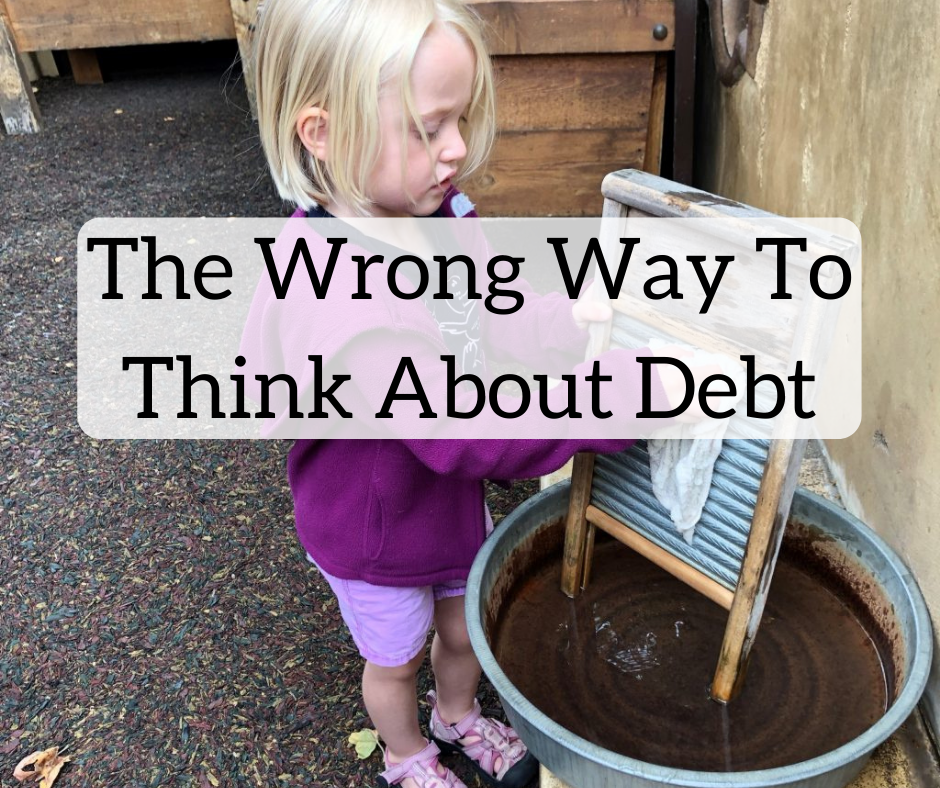I'll make the case for why we paid off our home early.
Don't regret paying off our home. We still invested through it just not as much. With no consumer debt and no mortgage, it's protection against a sometimes fickle job market, unexpected sickness, untimely death, career apathy and/or set backs etc. Your income is typically your most powerful wealth building tool. Income unconstrained by debt permits faster wealth accumulation and downside protection. Since housing is typically your biggest expense, knocking out a mortgage can be transformative. We also live in an aggressive housing market, so we have also gotten some really fast appreciation. We also have a guest house on the grounds that we rent out, so our home is also an investment. For those with the discipline to invest everything into paper or alternative assets instead, I am not saying that doesn't work or isn't reasonable. However, last year when it looks like layoffs were abundant and the stock market temporarily dropped off a cliff, we were so happy that's our fixed expenses were so low. We had financial peace. It was freedom. We did a significant amount of stock investing (for us) during the depressed market last March and April because we had so much downside protection (i.e. reduced fixed expenditure). I am also convinced that when you do a direct comparison of investment returns of asset classes, almost no one includes the risk of keeping a mortgage in their analysis.
Lastly, if you pay off your home and decide you don't like it, you can almost always get another mortgage.


